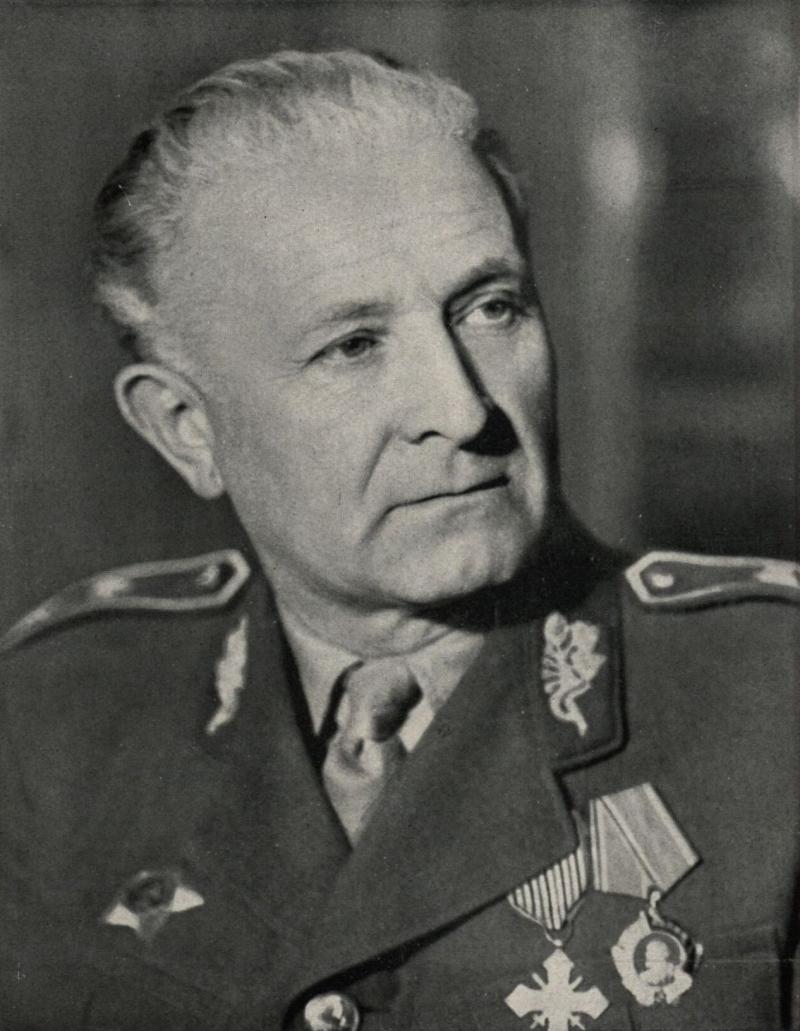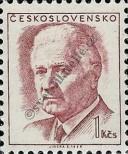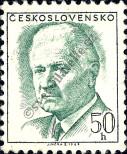
Ludvík Svoboda (1895-1979) was a Czechoslovakian military leader and politician who played a significant role in the country's history during the 20th century. Born in Hroznatín, Moravia, Svoboda joined the Austro-Hungarian army at the age of 18 and fought in World War I. After the war, he joined the newly formed Czechoslovakian army and quickly rose through the ranks.
Svoboda's military career reached its peak during World War II when he served as a general in the Czechoslovakian army-in-exile. He played a crucial role in organizing and leading resistance efforts against Nazi occupation, including participating in the famous assassination of Reinhard Heydrich, one of Hitler's top officials.
After the war, Svoboda continued his military career and became Chief of Staff of the Czechoslovakian Army. In 1948, he was appointed Minister of Defense but was later removed from his position due to political purges by the communist government.
In 1968, during the Prague Spring movement for political reform, Svoboda was chosen as President of Czechoslovakia.

